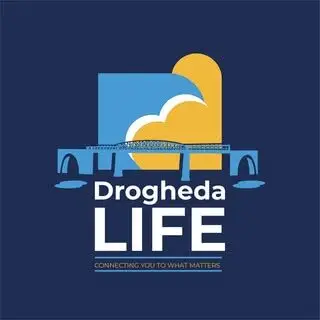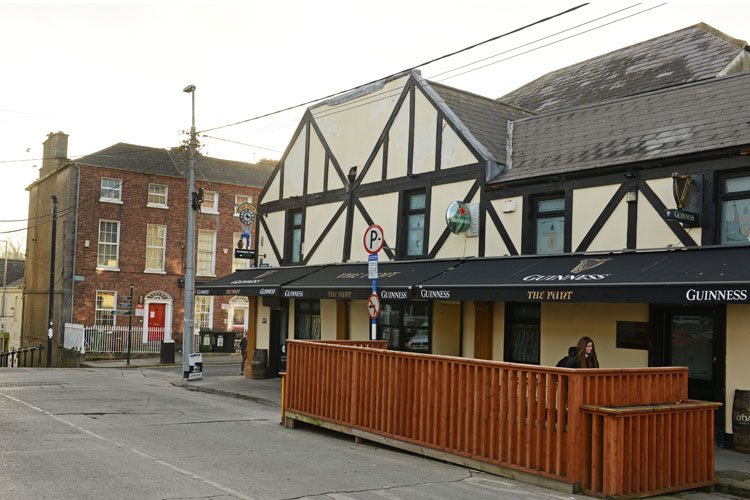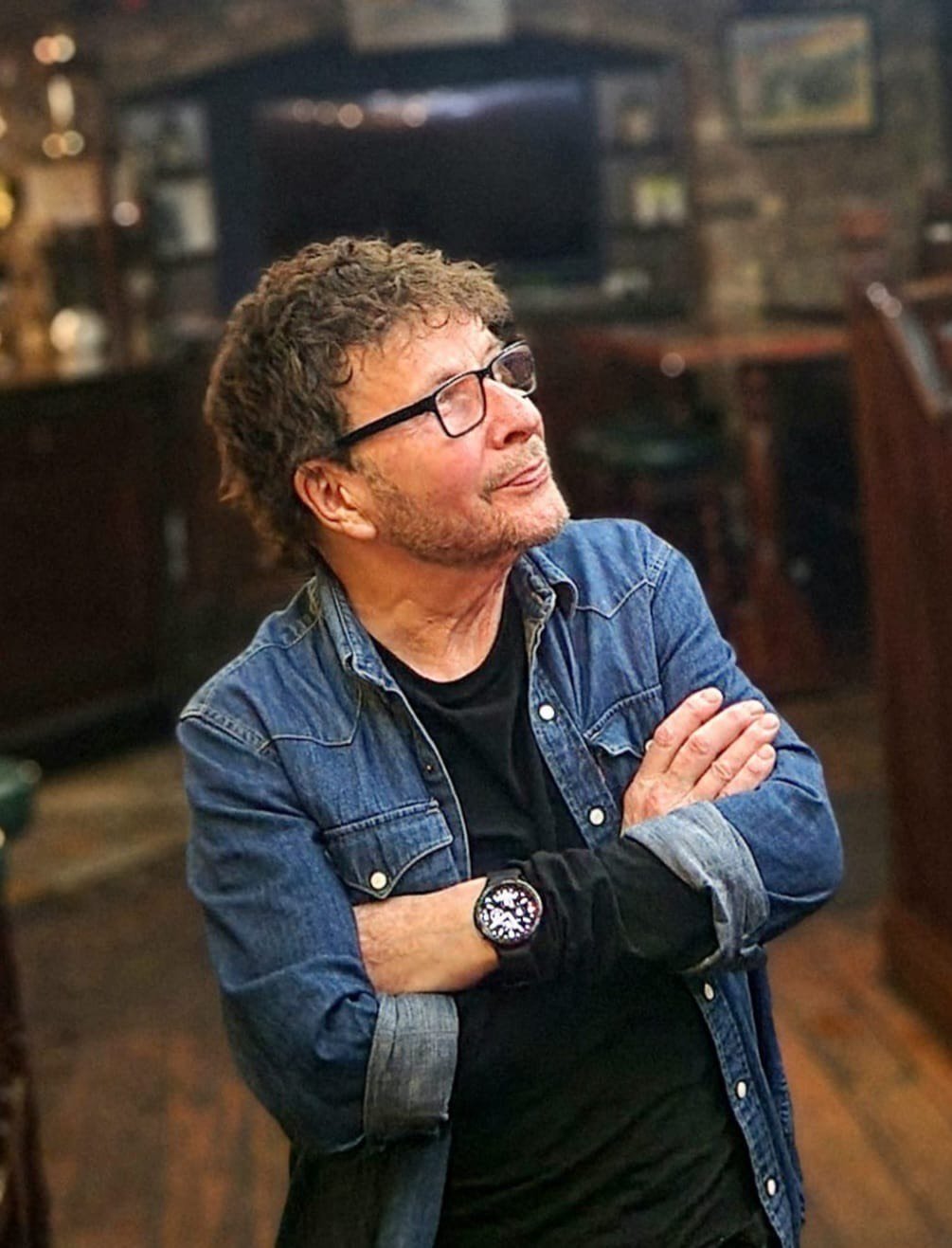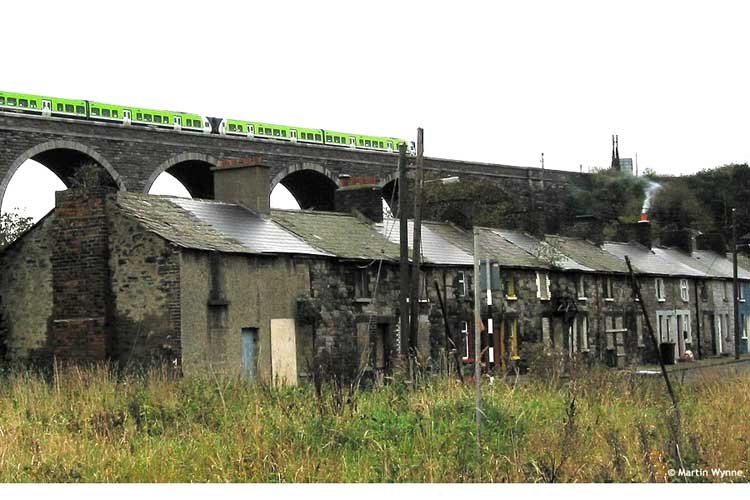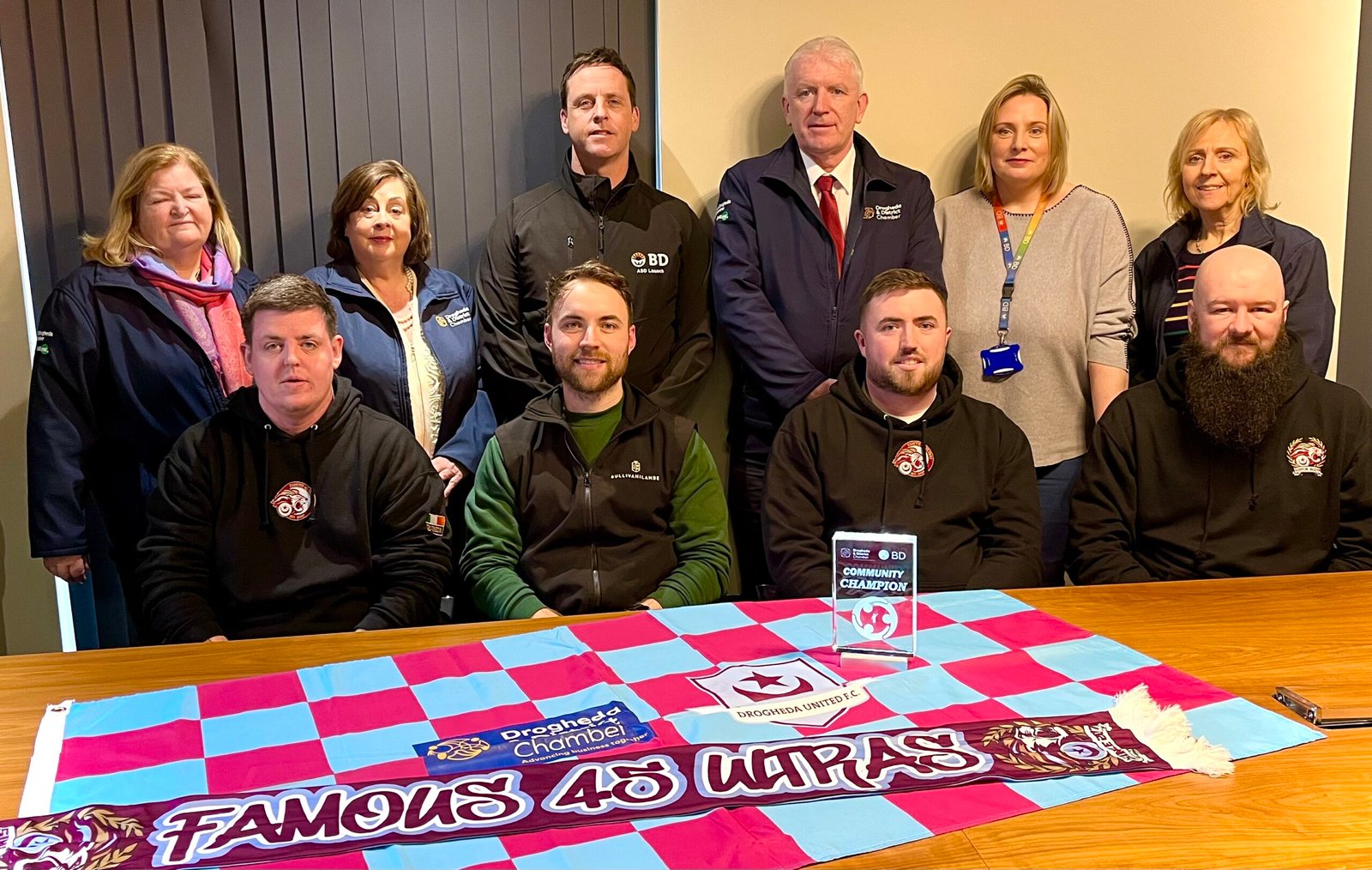By Seán Collins
In the second of his series of articles on the history of Drogheda, Seán Collins tells the tragic story of the Slowey family who, from 1904 until 1927, ran what is now “The Punt” public house in Fair Street.
Owen Slowey, a retired R.I.C. Sergeant from Monaghan, purchased the pub in 1904. He was married to Catherine [Rose] Carter of Waterunder (upper Mell), a daughter of William Carter, also a retired R.I.C. Sergeant who had a licensed premises at Waterunder.
Owen Slowey had served in Drogheda since he first joined the police in 1875. He was transferred to Cavan in 1895, but returned to Drogheda on his retirement in 1901.
The Slowey family story is indeed a tragic one. In 1906 a daughter, just one year old, died and later in the same year a son John also died. 1907 saw the death of another son, nine-year old, William, and in 1908 Catherine Slowey herself died in childbirth.
On the 4th April 1912 Owen Slowey died, leaving his remaining children, Rose (11) Alice (10) and Owen junior (8) orphaned. John Slowey of Belfast, a brother of Owen’s, was executor of the estate and he appointed Thomas Leonard, a brother-in-law of Catherine Slowey as manager of the pub.
He held the premises in trust for the children, Rose, Alice and Owen junior, until their coming of age. In 1921 Rose Slowey on reaching her 21st birthday was granted the license and became the publican at 51 Fair St.
In 1918 Ireland was faced with a proposal by the ruling British government to introduce military conscription. All shades of nationalism opposed the proposal. Young Irishmen flocked to the ranks of the Irish Volunteers or the I.R.A. as they became known.
In a round-up of Republicans by the Black and Tans in December 1920, Larry Walsh, Tom Munster and Owen Slowey [jnr] were arrested. Slowey was detained at Arbour Hill Prison until the New Year and was then released.

On the 7th September 1921, Larry Grogan and Owen Slowey were arrested and detained in Ballykinlar Internment Camp, Co. Down.
The commanding officer of the Republicans in the prison camp was Major Patrick Colgan, a native of Co. Kildare. Writing in his deposition to the Bureau of Military Intelligence in the 1950s, he told the following story about Owen Slowey. Colgan said he needed a volunteer to impersonate another prisoner to effectively save the man’s life and confuse the British authorities in the prison.
Before he could seek a volunteer, Owen Slowey came forward and said he would do the job. Slowey told Colgan, he was arrested before he had a chance to do anything for the cause and this was his opportunity.
Colgan enquired about Slowey but nobody in the camp had any information on him, except that he was a native of Drogheda. At a roll call a few days later, Hayden Corrie’s name was called but Owen Slowey stepped forward.
He was immediately arrested and transferred to Arbour Hill Prison, and then to Dublin Castle, where he was brutally interrogated, including half-hanging, cold-water hosing, cold baths, severe beatings, and other forms of torture which continued for over a week, but he would not reveal his true identity.
Slowey was held for over a month but was eventually identified by R.I.C. from Drogheda. His action had saved Corrie’s life but surely must have had a traumatic effect on his own.
Sadly, the tragic story of the Slowey family did not end there. During the Civil War in 1922 Millmount Fort was occupied by the Irregular forces of the Irish Republic but the Free State Army demanded the surrender of the Millmount garrison.

The Irregulars refused so an artillery gun was brought from Dublin, the day after the Battle of the Four Courts to dislodge the Irregulars.
The “Big Gun”, as the papers described, it was mounted in the yard of the Linen Hall close to the Dominican Church and the barrage of Millmount began in the early morning of July 4th.
Sniping was also a feature of the day between Millmount and Westgate Barracks [Barlow House], and also from Ballsgrove and Westgate.
Free State soldiers raiding houses looking for snipers in Fair Street knocked on the door of number 27, opposite Slowey’s Public House, now the site of The Bodyright Clinic.
Alice Slowey, along with her brother Eugene and her friend Lucy Leonard had gone there, where her friend Peter Reilly ran a wire weaving works, to observe the shelling of Millmount.
Shortly after noon, the shelling had ceased. Soldiers knocked on the door of 27 Fair St and on receiving no reply, on the orders of Sergeant Lynch fired their rifles at the door locks. At the same time Alice Slowey along with Owen Slowey and Peter Reilly were approaching the door from the inside. Alice was shot in the abdomen and one finger was severed, she died shortly after.
Owen opened the door advising the soldiers his sister had been shot. Two days later Alice’s funeral took place from St. Peters Church in West Street to the new cemetery (St. Peter’s). Chief mourners were her brother Eugene, her uncle Thomas Leonard and her friend Peter Reilly. The local paper described the scene “a striking manifestation of sorrow”.
In 1924 Rose Slowey married Edward McDonnell from Slane and the pair continued to run the business until 1927, it was sold to another publican, Thomas Hughes from the North Road.
Rose and Edward McDonnell moved to the U.S.A and Owen Slowey emigrated there in 1939 thus ending the Slowey family connection with Drogheda.
In 2012 Owen McDonnell from New York visited the Punt on the 90th Anniversary of his Aunt Alice’s tragic death. Owen Slowey (jnr) died in 1952 and is buried in the Holy Sepulchere Cemetery in Rochester, New York.
So, the next time you drop in to “The Punt’, remember the Sloweys.
